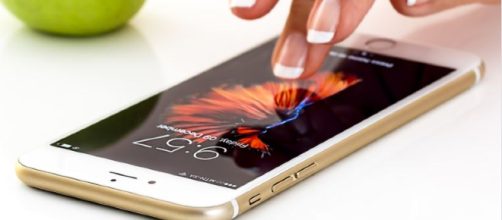The Cell Phone has become our best ally: We take it everywhere, we consult it at all times, we wake up and sleep with it and we use it constantly to communicate with other people. But we are not always aware of the amount of information we share with it. Within the memory of the cell phone, we not only keep our contact schedule, but also the places we frequent, the music we hear, the emails and messages we receive, the time we woke up.
These are some of the things that your smartphone (knows) about you and that you yourself (you told him), probably without hardly realizing it.
The speed at which you walk
The location data of your cell phone tells a detailed story about you. Most smartphones have GPS navigation enabled, thanks to which, applications such as Google Maps can answer questions about how to get from one place to another or where the nearest hospital is.
This is undoubtedly, a useful system, especially for those people whose sense of direction does not work too well. However, geolocation services also allow your device to know the speed at which you move when you go from one place to another, either by car or by walking.
Where do you live, where do you work, and what places do you frequent?
According to Consumer ReportsYou do not need to have the address of your house written on the map of your cell phone.
By using the geolocation services on your phone, you leave metadata with which you can find your usual place of residence.
Also, while you do not know it, you reveal your workplace, the most frequented cafeteria or your health center. Your location history is accessible to anyone who has or can access your phone.
Apple uses an algorithm or formula that assumes that the location where your phone is usually at night, is your (home). And if it stays in another place all day, it must be your place of work. These traces are useful for companies and entities to know where you are.
The amount of sport you practice and your state of health
If you are someone who has an application on your cell phone, to practice sports, whether it be running or doing repetitions and exercise routines, you should remember that every time you use it, you are telling your cell phone about your level of physical activity.
The same happens with your health status, which can be extracted from metadata that is extracted from that type of apps that measure specific things related to the number of hours you sleep, your menstrual cycle or heart rate. Our smartphones are full of our intimate conversations, our financial data, our health records. They are also loaded with the location of our children in many cases.
In conclusion, the cell phone's location feature can be turned off. However, if it was running on Farook’s iPhone, it could contain a record of locations a killer frequented in the days and weeks before shooting someone.


